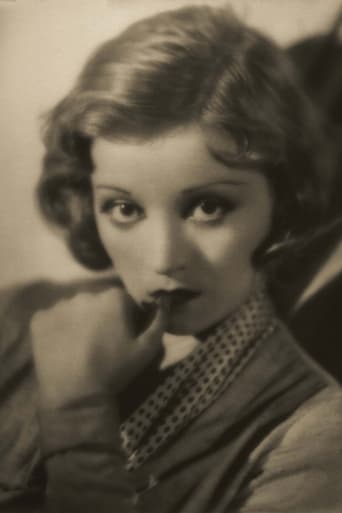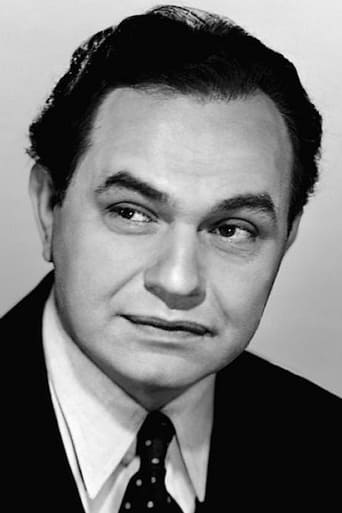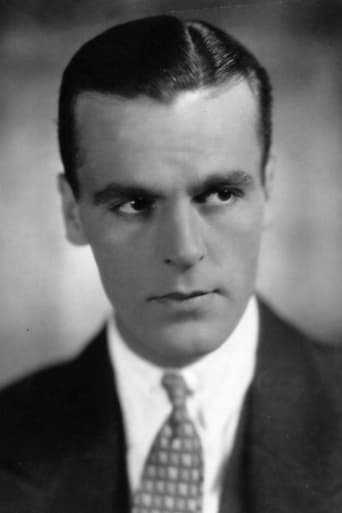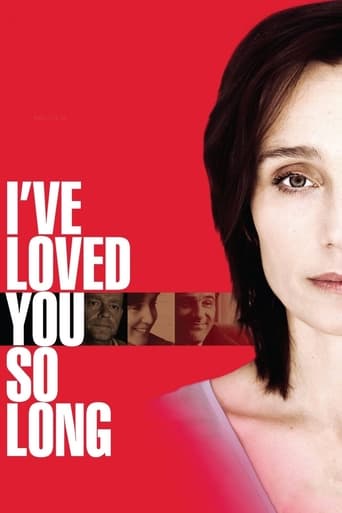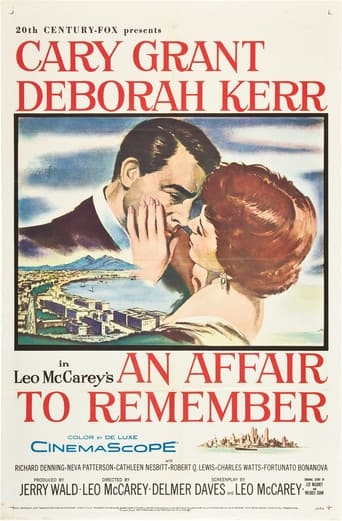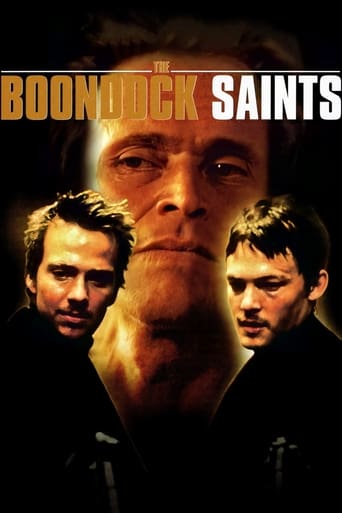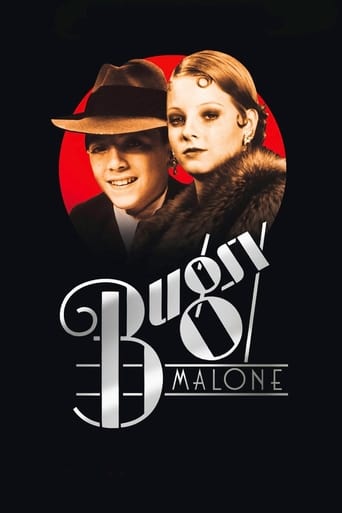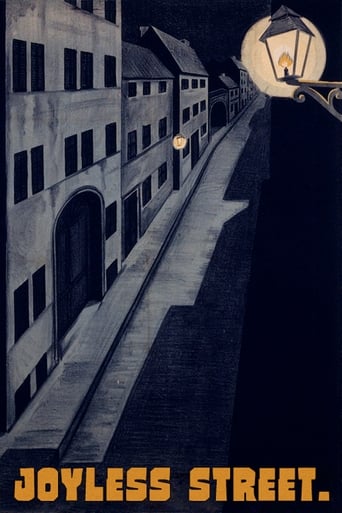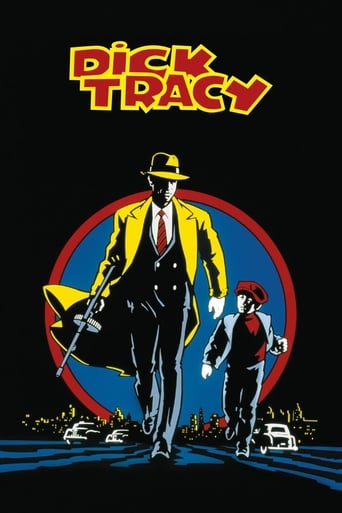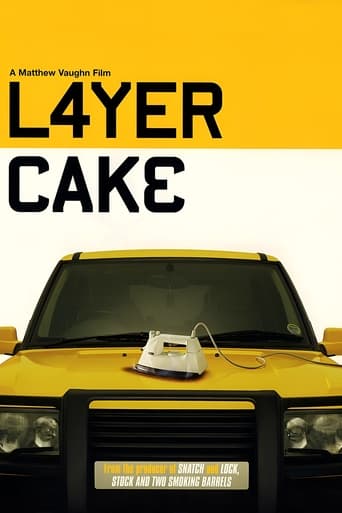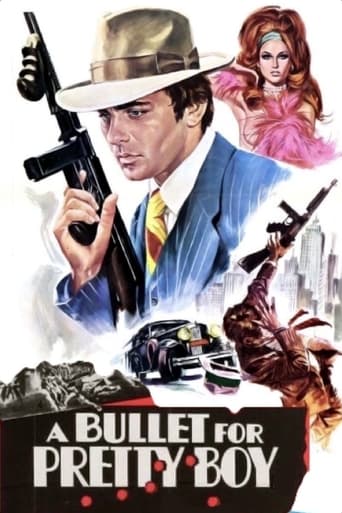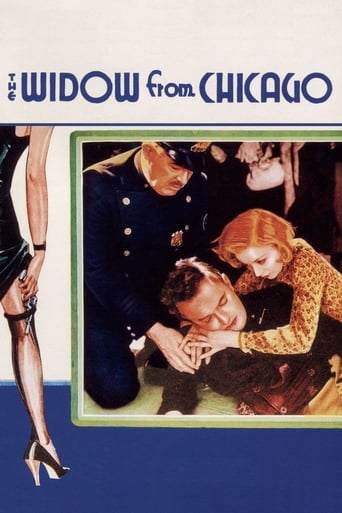
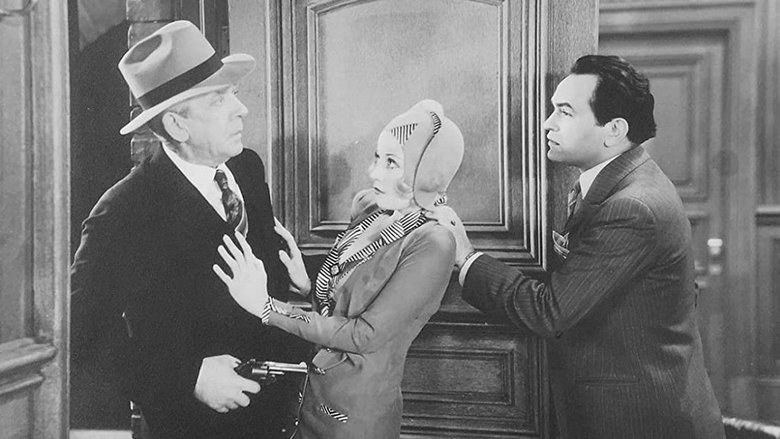
The Widow from Chicago (1930)
A woman infiltrates a criminal mob to avenge her brother's death.
Watch Trailer
Cast


Similar titles
Reviews
To me, this movie is perfection.
At first rather annoying in its heavy emphasis on reenactments, this movie ultimately proves fascinating, simply because the complicated, highly dramatic tale it tells still almost defies belief.
This is ultimately a movie about the very bad things that can happen when we don't address our unease, when we just try to brush it off, whether that's to fit in or to preserve our self-image.
The movie's not perfect, but it sticks the landing of its message. It was engaging - thrilling at times - and I personally thought it was a great time.
For the crime buff, Warner Brothers is undoubtedly the most interesting of the major Hollywood studios. Right from the very start, the Brothers established a tradition of hard-hitting realism that left other studios for dead. Of course, it's problematic if the film-makers would have continued in this vein if their socially-conscious product hadn't also been extremely popular with audiences. No doubt titivating titles like Why Girls Leave Home helped. This 1921 account of the big city's corrupting influence was not only the studio's first feature film, but its first big success. The Warners followed with Parted Curtains, the first in a long succession of hard, grittily realistic movies about crime and criminals. Even their third offering, School Days, had nothing to do with the type of school the title brings to mind. It's no accident therefore that down the track Warner Brothers became home to the screen's three greatest gangster icons: Edward G. Robinson, James Cagney and Humphrey Bogart. All three made interesting "B" movies before their stars became firmly established. Robinson joined the super-star ranks with his Little Caesar (1930), Cagney leapt into fame in the title role of The Public Enemy (1931), whilst Bogart refined his definitive gangster in The Petrified Forest (1936). Made immediately before Little Caesar, The Widow from Chicago already finds Robinson on familiar ground. Third billed, he plays a ruthless liquor lord, determined to kill off his rivals for control of the city. One of his victims is an undercover police detective. The cop's sister decides to avenge her brother by getting the goods on Robinson herself. She takes a job in his speakeasy. The plot then develops along familiar lines, although a few unexpectedly suspenseful (if unlikely) twists keep interest high right through to a thrillingly-staged action climax. In the acting department, Robinson easily walks away with the movie. His characterization of the gangster is already fully developed, all his familiar mannerisms of speech and gesture firmly in place. Unfortunately, the other principals, particularly pouting, mousey-voiced Alice White as the widow and relentlessly wooden Neil Hamilton as the good/bad hero, are a sorry lot. I picked comic Frank McHugh as the best of a poor bunch. His interpretation of this standard dumb stooge becomes not only disturbing but oddly sympathetic. At the climax when he neatly corners himself in a patrol wagon, you can't help feeling a bit sorry for him. Hes just a friendly, loyal but not overbright guy who's grown up and lived with the mob all his life. Society has never given him a chance. Although obviously struggling with the demands of sound in many of the dialogue encounters, director Edward Cline really comes to life once the camera moves into the action spots. The climax rates as an absolute stunner, yet it's not way over the top as the similar finish to M-G-M's The Beast of the City where guns popped and cops dropped all over the place. Just one killer in the spotlight here, but what a spotlight! The equally convincing street scenes were doubtless all filmed on the studio's back lot, but they retain the gritty, mean feel of real streets filled with real slum-dwelling, Depression-era people.
Edward G. Robinson certainly showed what the movie going public were destined to see in The Widow From Chicago. It was the film immediately proceeding his breakthrough and forever identifiable role as and in Little Caesar.He's got a job to do and need's some out of town talent so he imports Neil Hamilton sight unseen. But the police get wind of it and have a cop gain entree to Robinson's gang by posing as Hamilton. Then Robinson gets wise and the cop is bumped off.After that both Hamilton does show up and the sister of the slain officer shows up claiming to be Hamilton's wife. I have to say these two think fast on their feet and Hamilton decides to not expose Alice White the sister.White was very effective in her role though I think for propriety's sake her sending Hamilton out of her room was a bit much even for 1930 audiences to follow. I mean they could have done a Walls of Jericho like arrangement.It's sad what happened to Neil Hamilton who went from an A list player gradually down to some really horrid B flicks. That strong voice and clear diction should have made him a big star in talkies, bigger than the silent screen. But the man did have a thirst problem. He did bounce back as a character player later on and is now best known as the Caped Crusader's number one fan Commissioner Gordon on Batman.Still this film is Robinson's show, but he had a much bigger show just awaiting him.
Ruthless gangster Dominic (Edward G. Robinson) bumps off a young detective impersonating Swifty Dorgan. The detective's sister (Alice White) sets out to get revenge. She passes herself off as Swifty's wife in order to infiltrate the gang. But then the real Swifty (Neil Hamilton) shows up.Pre-Little Caesar gangster movie for Robinson, his first at Warner Bros. Also very early role for Frank McHugh, who already seems to be perfecting his screen persona. Alice White is pretty bad. She says every line the same way, regardless of what emotion she's supposed to be displaying. It's an early talkie so there's the expected amount of creakiness. Watchable, particularly for Robinson fans, but nothing special. Believe it or not, this was originally a musical!
Alice White stars in this 1930 crime drama that also boasts an early starring role for Edward G. Robinson. He plays a nightclub owner and bootlegger; she plays the widow. She shows up in his club looking for work and claiming to be the widow of a gangster (Neil Hamilton) who was killed when he jumped off a train in an attempt to escape the cops. In reality she's the sister of the cop who was tracking Hamilton. Now she's out to track down her brother's killer.Smart dialog and solid story here with White in a slightly different role. Although she masquerades as a floozie she's really a pretty smart cookie as she leads to police to her brother's killer. Although the setting is a nightclub, White does not do a musical number (perhaps cut from the final print?) as she usually does in her talkies.Although White was not an actress in the way Bette Davis or Joan Crawford were, she's got a great screen presence and holds her own here in scenes with the great Robinson. Hamilton is also solid as the undead gangster who returns to cause problems for White.Co-stars include Frank McHugh, Harold Goodwin (as the brother), Betty Francisco, Brooks Benedict, and Anne Cornwall and Dorothy Mathews as the dance hall babes.Worth a look.


